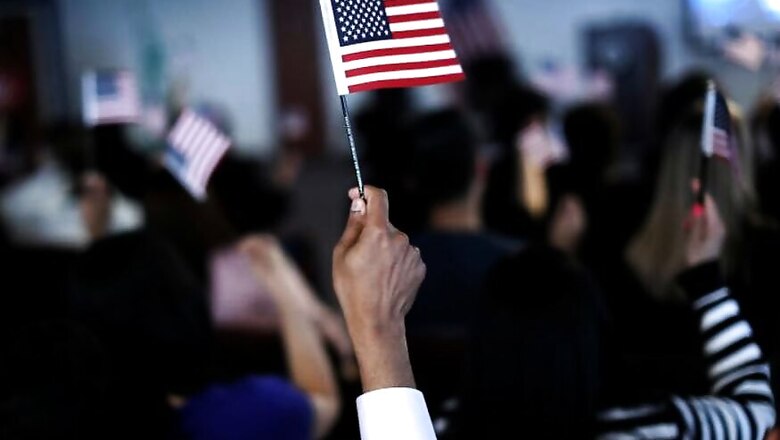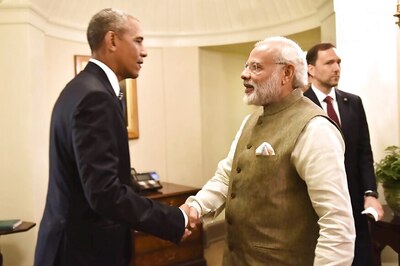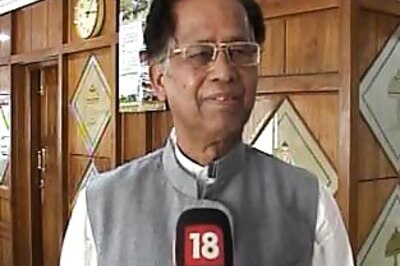
views
New York/San Francisco: The new, more narrowly tailored temporary travel ban President Donald Trump signed on Monday will be more difficult to challenge successfully in court, legal experts said.
Trump's first executive order signed on January 27 banned travellers from seven Muslim-majority nations - Iran, Iraq, Libya, Somalia, Sudan, Syria and Yemen - for 90 days and halted refugee admission for four months, barring Syrian refugees indefinitely.
It also lists groups of people that could be eligible for waivers, including travellers who have previously been admitted to the United States for work or school, those seeking to visit or live with a close relative and who would face hardship if denied entry; infants, young children and adoptees or people in need of medical care, employees of the US government and international organizations among others.
All the exceptions make the new order "a lot harder to attack," said Andrew Greenfield, an immigration attorney with Fragomen law firm in Washington D.C.
"They dotted their 'i's' and crossed their 't's' in trying to anticipate what litigation might result," said Stephen Yale-Loehr, a Cornell Law School professor who specializes in immigration.
He said opponents might still be able to find plaintiffs - a U.S. citizen could potentially sue if the government denies a waiver to their foreign spouse for an arbitrary reason, for example.'DO OUR HOMEWORK'
In a legal challenge to the original order, the state of Washington was successful in preventing it from being carried out. A federal judge in Seattle and then an appeals court in San Francisco ruled that Washington could claim standing, in part because the order adversely affected legal permanent residents, known as green card holders, in the state. More than 100 businesses, including many of the best-known tech companies, filed briefs in court that argued their employees were harmed.
Bob Ferguson, the Attorney General for Washington State said on Monday that he will likely decide on the next litigation steps this week after consulting with state universities and businesses about potential harms.
"We need to do our homework and be thoughtful about this," Ferguson said.
The U.S. Department of Justice, in a filing in Seattle federal court on Monday, said the new order applies "only to those who are overseas and without a visa."
Foreign nationals outside the country who do not have a U.S. visa do not have the same protections under the U.S. Constitution as people already here, legal experts said.
Rosemary Jenks, the director of Government Relations at NumbersUSA, a conservative group that favours less immigration overall, said that the new order would leave the state of Washington having to argue on behalf of unidentified foreign nationals who have not been screened, vetted or processed yet by U.S. authorities.
"That would be a pretty big stretch," Jenks said. And unlike the old order, the new one lays out with more detail why the specific countries were selected, she said.
Stephen Legomsky, chief counsel at U.S. Citizenship and Immigration Services in the previous Obama administration, pointed to statements by Trump about wanting a Muslim ban.



















Comments
0 comment